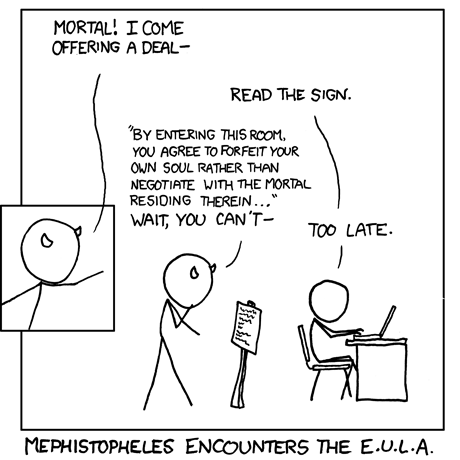It’s been a long time since I had a real good discussion on determinism but recent discussions online and off have brought determinism back in focus. In particular the differences between technological and social determinism.
As a brief recap technological determinist believes “the uses made of technology are largely determined by the structure of the technology itself, that is, that its functions follow from its form” (Neil Postman). On the opposite side of the spectrum is social determinism which, as Langdon Winner states, “What matters is not the technology itself, but the social or economic system in which it is embedded”. Basically that society is not controlled by technology but innovation and the consequences of technology are shaped through the influences of things like culture, politics, economic arrangements and regulation.
What really annoys me with both these positions is their lack of flexibility. In order to make their positions work both the social and technological determinist attempts to be blind to facts which do not support their pet theory.
Look at file sharing – yes I know that this is a big target.
The regulation of file sharing through social, economic, political and moral attempts have been a failure in attempting to change the way in which certain social groups behave. Given fixed price, high bandwidth Internet connections and high storage – low cost mp3 players there is a high incentive to file share. Technology alone is not enough. The low chance of getting caught is also an incentive to copy.
But being either/or in attempting to explain the reason for file sharing is too narrow minded since it can only provide a limited view of the problem. So when the legislator attempts to regulate the problem it is indispensible to see both the social and technical forces which drive social changes related to technology.



